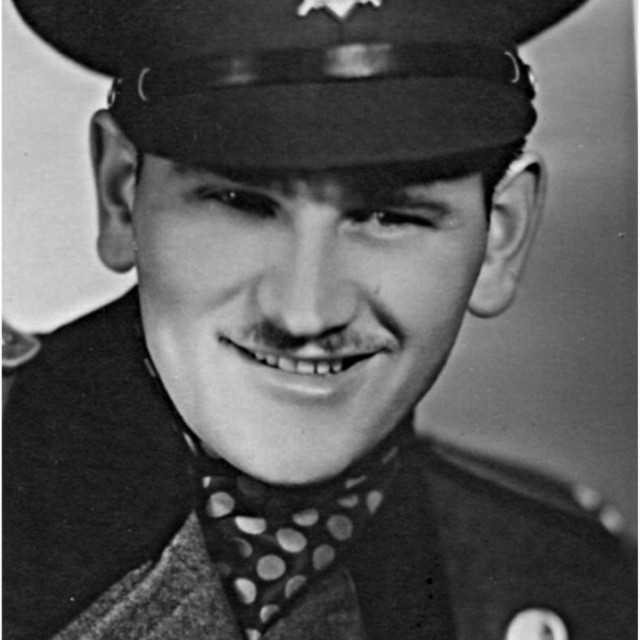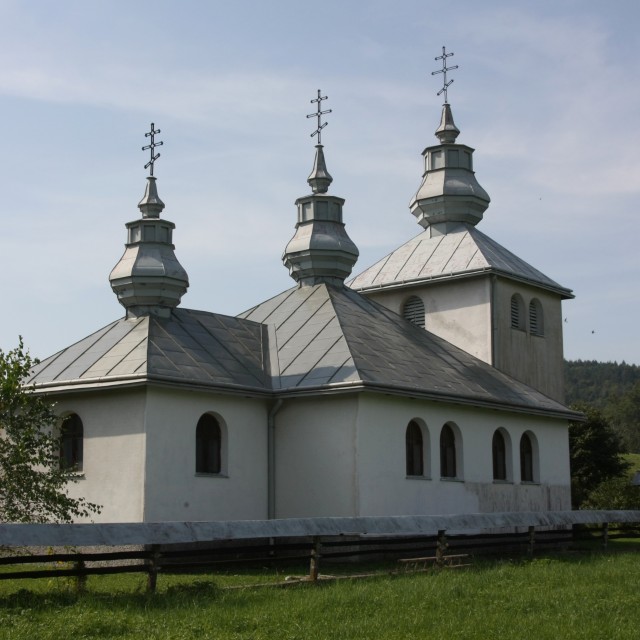We slept on amputated arms and legs
In Zyndranowa village Jozef for the first time saw Věra, who was later to become his wife. Dressed in a white surgeon gown and holding a saw, she really impressed him. They were bringing soldiers and civilians wounded by mines, which were scattered all around the village, "and she was amputating those limbs with the saw," Jozef vividly recollects. The amputated limbs were thrown into a small room, where by coincidence Jozef and soldiers under his command spent the night. Of the event, he recalls: "One can hardly see anything at night...We thought it was branches. We slept on it till the morning when we discovered it was the amputated arms and legs!"
Hodnocení
Abyste mohli hodnotit musíte se přihlásit!
Trasy
Příběh není součastí žádné trasy.
Komentáře

Jozef Citterberg
Jozef Citterberg was born on 26 January 1921, in a Slovak village called Beňuš - Gašparovo in the district of Brezno nad Hronom. From June to December 1939, he helped with field work in the Mecklenburg region. In October 1942, he was conscripted into the Slovak army. He completed training for a signalman and telegraph operator. Later he was sent to Crimea, where he served as a telegraph operator. In April 1944, he disobeyed the retreat order and defected from the Slovak army to the Soviet side. He then followed the advancing Czechoslovak foreign army, which he finally joined in Kamenets Podolskiy. After training and graduation from a military academy, he became the commander of a signal platoon of an artillery regiment of the 3rd Brigade of the Czechoslovak foreign army. With the artillery regiment he engaged in the Carpatho-Dukla Offensive, Jaslo Offensive as well as the liberation of Czechoslovakia. In the army he met his future wife Věra Větrovcová, who was working as a medic. In 1946, he left the army but had to serve again from 1951 to 1953. He and his wife settled in the town of Miroslav, where he lives up to now. After the war, they managed a local hotel here. Mr Citterberg later worked in the local machine and tractor station until his retirement in 1990.




